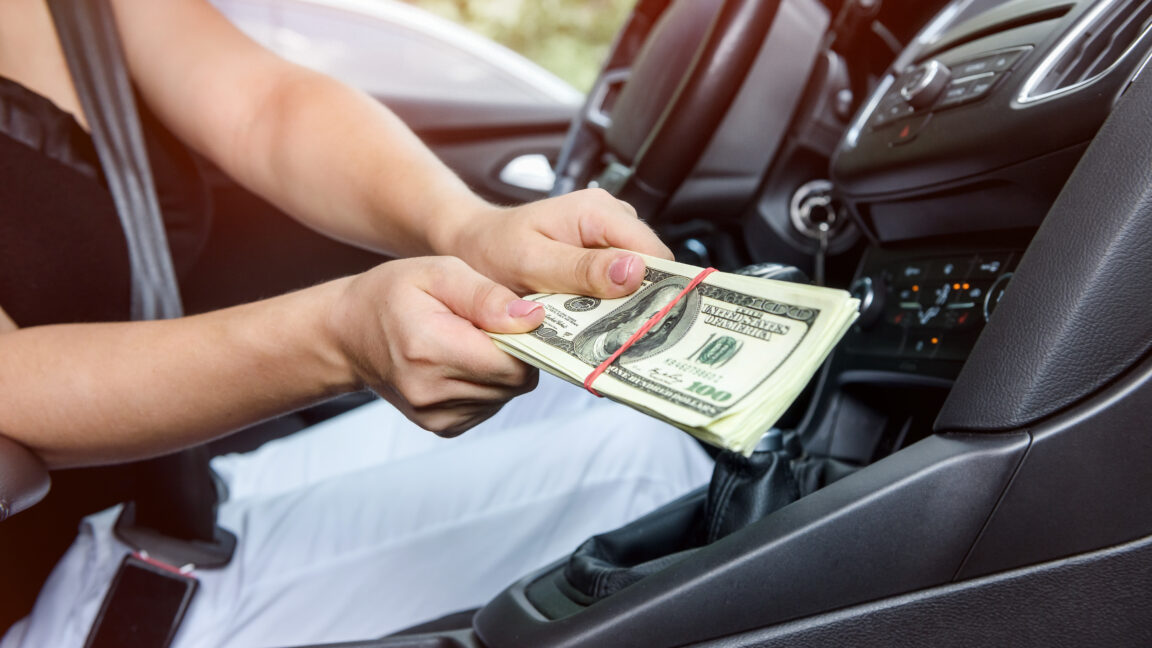
Nearly everyone questioned as part of the research study would probably be OK with that, as long as it translated to a discount for using the in-car payment system; while this was a motivating factor, the time-savings and efficiency of frictionless in-car payments were the main draw. And a single platform that can pay for parking, charging, and fueling would be valuable, according to 97 percent of drivers.
People would even be prepared to pay extra, apparently. According to DriveResearch, 7 in 10 drivers would pay more for a car with in-car payment tech than a car without; some of them (36 percent) would be OK paying $700 or more for such functionality across the lifetime of the car, with more people (47 percent) preferring the cost be a one-time payment rather than a recurring fee (30 percent).
Not everyone is trusted to look after those payment details, however. Apple’s and Google’s payment services come out on top, with 83 percent trusting them to securely manage their card info in their cars. Only 63 percent trust the actual credit card companies, and only 57 percent trust the automakers. That’s still better than the parking app (47 percent) or parking operator (43 percent). Only 7 percent trusted local municipalities.
DriveResearch says that the growing acceptance of in-car payment systems is happening faster thanks to the spread of EVs, many of which have what’s known as “plug and charge,” in which the car exchanges payment or billing information with a charger during the handshake process.




